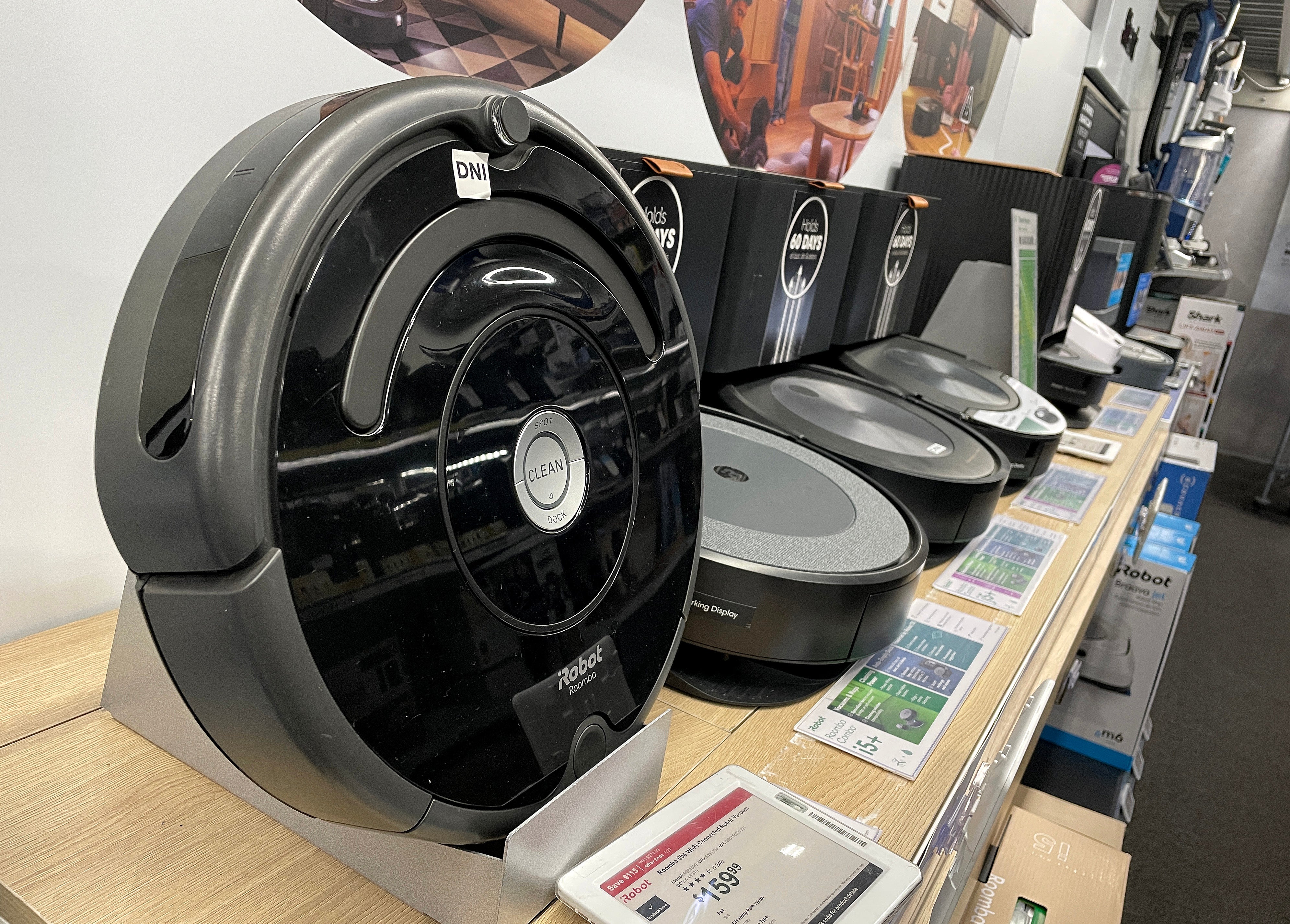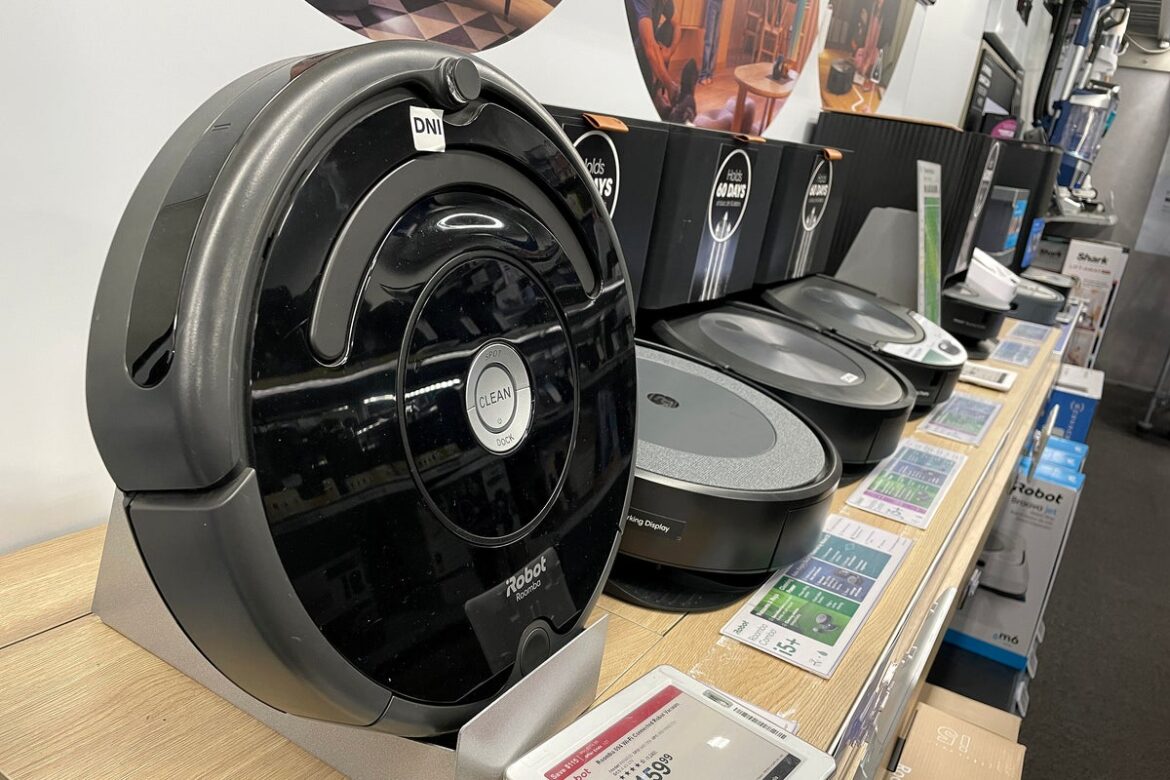Shares in Roomba maker iRobot crashed by more than one third on Monday after its only remaining potential savior dropped out of negotiations to buy the company.
The Massachusetts-based robotics firm has been struggling to find an acquirer since January 2024, when Amazon pulled out of a planned $1.7 billion takeover after European competition regulators signaled they would block the deal.
The company announced in March that there was now «substantial doubt» about its ability to stay in business as a «going concern» — a mandatory legal disclosure for any company approaching the edge of bankruptcy.
And last week, executives admitted that negotiations had again collapsed after their last remaining potential buyer offered a price «significantly lower» than its current share value.
«Although this review process remains active and ongoing, last week the last remaining counterparty to a potential sale transaction withdrew from the process following a lengthy period of exclusive negotiations, and we currently are not in advanced negotiations with any alternative counterparties to a potential sale or strategic transaction,» iRobot said in a regulatory filing last Wednesday.

«As such, there remains no assurance that our review of strategic alternatives will result in any transaction or outcome.»
It said that the company’s «financial condition continues to decline», and that if it does not find a buyer it may be «unable to secure the additional funding needed to continue our operations.»
Founded in 1990, iRobot initially made its money from building military robots used for bomb disposal and for searching for survivors in the wreckage of the World Trade Center after the 9/11 terrorist attacks.
But it’s best known to most people for building the world’s first successful autonomous home vacuum cleaner, the Roomba, which was initially released in 2002 and has since sold more than 40m units.
But by 2023, iRobot was forced to take out a $200m loan from the Carlyle Group, a Washington-D.C.-based private equity firm, after suffering stiff competition from cheaper Chinese models and struggling to diversify its product line.
Things got worse that November, when European Union regulators objected to Amazon’s buyout due to fears that it would unfairly disadvantage European competitors who also sold their products through Amazon’s marketplace.
Amazon has often been accused of abusing its dual position as both a marketplace operator and a seller of goods on that same marketplace, and has been sued by U.S. regulators for allegedly rigging the rules in favor of its own products.

